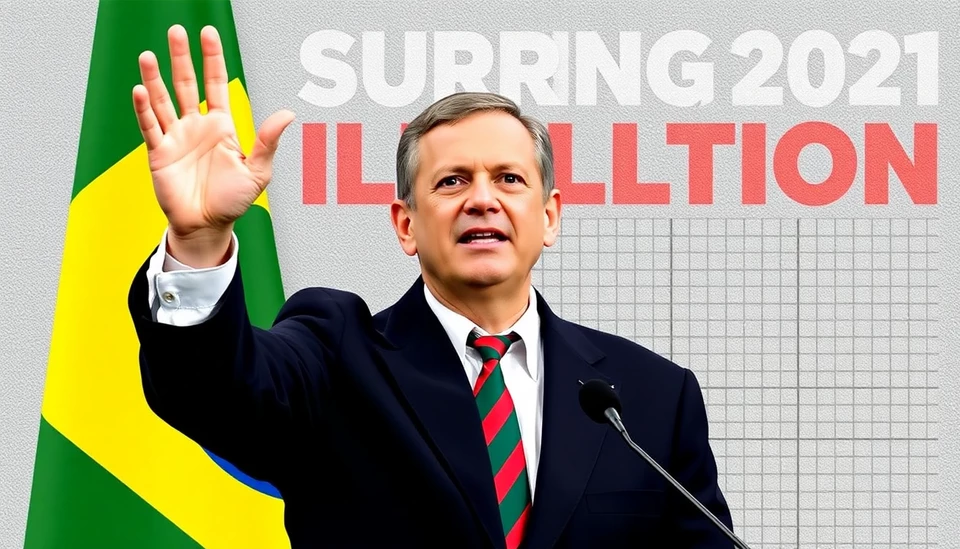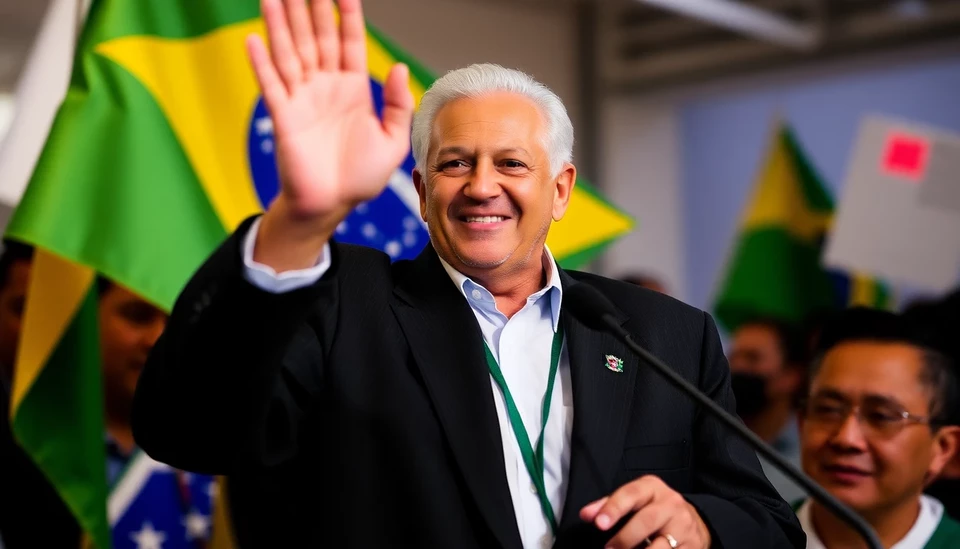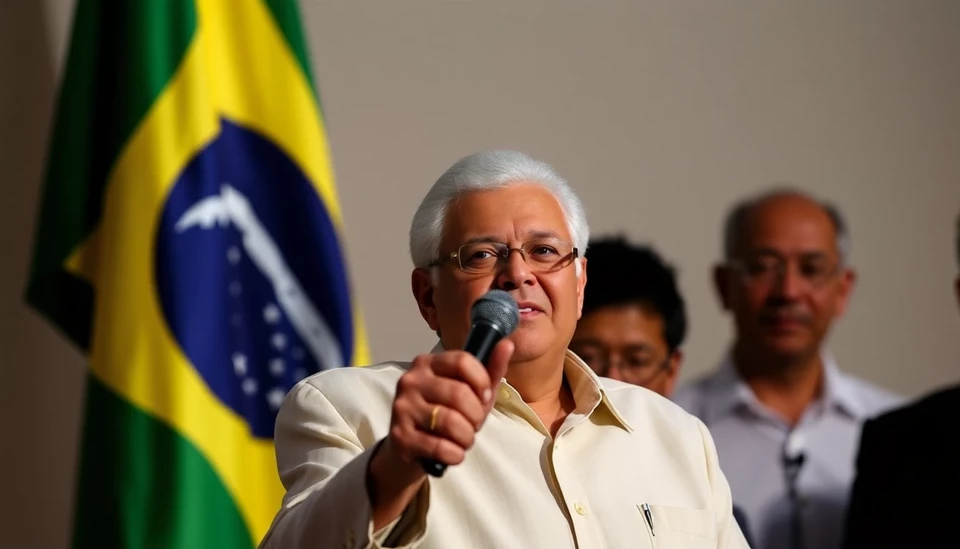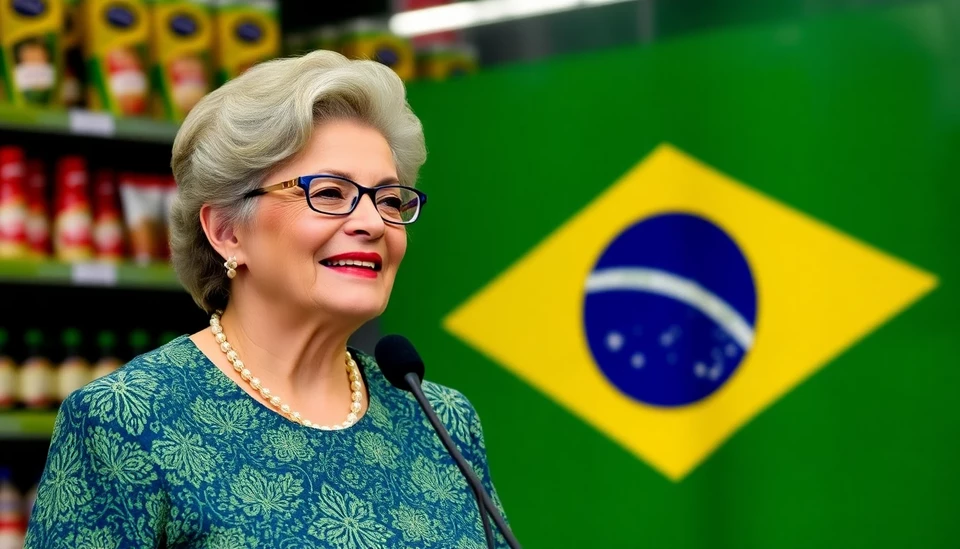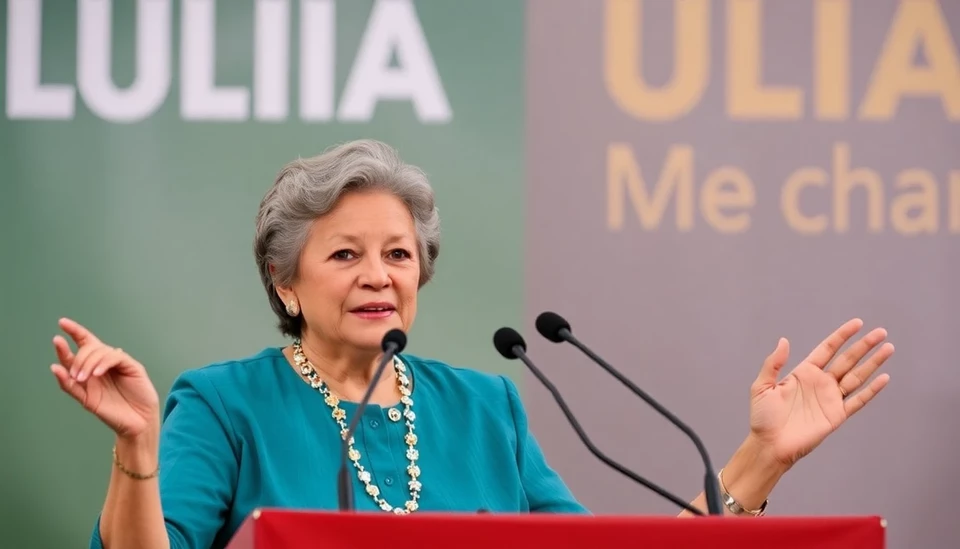
Recent developments in Brazil have revealed a significant drop in President Luiz Inácio Lula da Silva's approval ratings, a shift attributed largely to escalating inflation rates that outweigh the positives of a recovering economy. The combination of rising consumer prices and increased cost of living is overshadowing the government's efforts and achievements in the economic realm.
According to a recent poll conducted by Datafolha, Lula's approval fell to 36% in November, down from previously reported figures. This decline comes as Brazilians report heightened concerns regarding their financial stability, driven primarily by a surge in inflation. Prices for essential goods such as food, gas, and transportation have risen considerably, leaving many citizens feeling the financial strain.
The inflation rate, which is currently at around 5.4%, contrasts sharply with the government's claims of economic recovery and growth. The disconnect between public perception and government narrative has begun to fuel dissatisfaction among the populace. While Lula had previously championed significant economic policies aimed at fostering growth and reducing poverty, these efforts appear to be faltering in the face of immediate economic pressures faced by everyday citizens.
Additionally, the social programs such as the Bolsa Família, aimed at supporting low-income families, are now being questioned by critics who argue that despite the support, the persistent inflation significantly diminishes its effectiveness. As a result, many feel trapped in a cycle of financial instability, prompting a growing discontent with the administration's handling of the economy.
This discontent has been evident in recent protests across major Brazilian cities, where citizens are calling for direct government action to address their economic woes. The protests signal a larger trend, with groups advocating for reforms that not only curb inflation but also address wage stagnation and provide more robust social support mechanisms.
Political analysts suggest that Lula’s challenges are compounded by external economic pressures and global uncertainties, which have proven difficult to navigate. As Brazil depends heavily on exports, fluctuations in global markets can have significant implications on domestic economic stability.
Moving forward, Lula's administration faces an uphill battle in restoring public trust and improving approval ratings. As the government seeks to implement strategies aimed at stabilizing prices, the efficacy of these measures will likely play a pivotal role in determining the administration’s future and its popularity among the Brazilian people.
The challenge for Lula will be balancing necessary economic reforms without alienating his support base, particularly those most affected by rising prices. It remains to be seen how his administration will address these pressing issues in the coming months.
In conclusion, as inflation continues to impact the daily lives of Brazilians, the government must act swiftly to reassure the public of its commitment to improving economic conditions. Failure to do so may result in further dips in approval ratings and mounting public dissatisfaction.
#Lula #Brazil #Economy #Inflation #PublicApproval #SocialPrograms #Protests #Datafolha #CostOfLiving
Author: Rachel Greene

